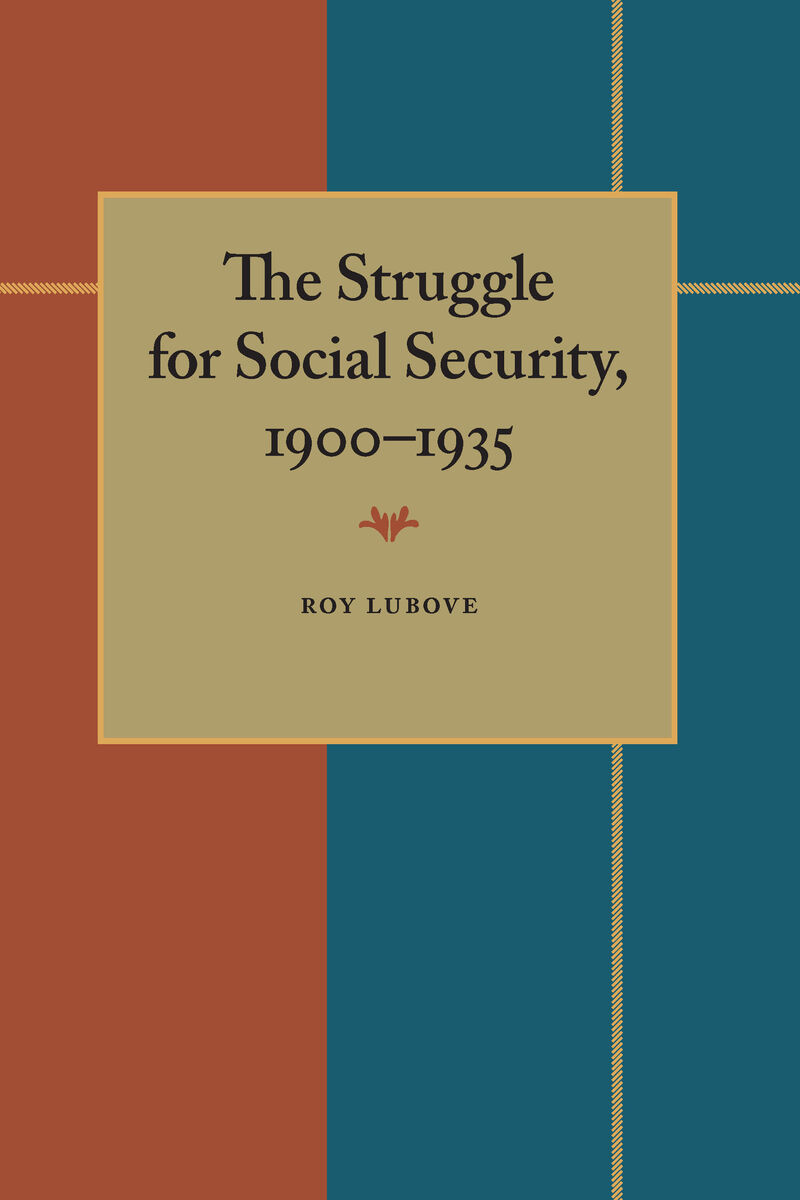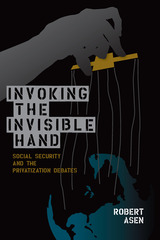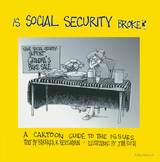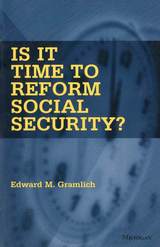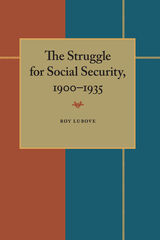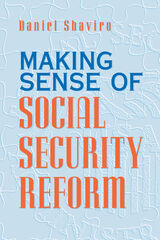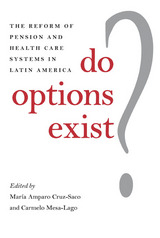The Struggle for Social Security, 1900–1935
University of Pittsburgh Press, 1986
Paper: 978-0-8229-5379-1 | eISBN: 978-0-8229-7433-8
Library of Congress Classification HD7125.L8 1986
Dewey Decimal Classification 368.4300973
Paper: 978-0-8229-5379-1 | eISBN: 978-0-8229-7433-8
Library of Congress Classification HD7125.L8 1986
Dewey Decimal Classification 368.4300973
ABOUT THIS BOOK | AUTHOR BIOGRAPHY | TOC | REQUEST ACCESSIBLE FILE
ABOUT THIS BOOK
For the first one-third of the twentieth century, proposals for workmen's compensation, unemployment or health insurance, and widow's or old age pensions met steep resistance on the grounds that such programs would diminish the dignity of the individual. In this book, Roy Lubove examines the clash between the traditional American ethic of individualism and voluntarism and the push for an active government role in social welfare assistance, and the battles within the social security movement itself. He concludes his study with the actual legislative enactments of 1935 when, after the experience of the Great Depression, social insurance came into its own.
See other books on: 1900 - 1935 | Lubove, Roy | Political Science | Public Policy | Social Security
See other titles from University of Pittsburgh Press
